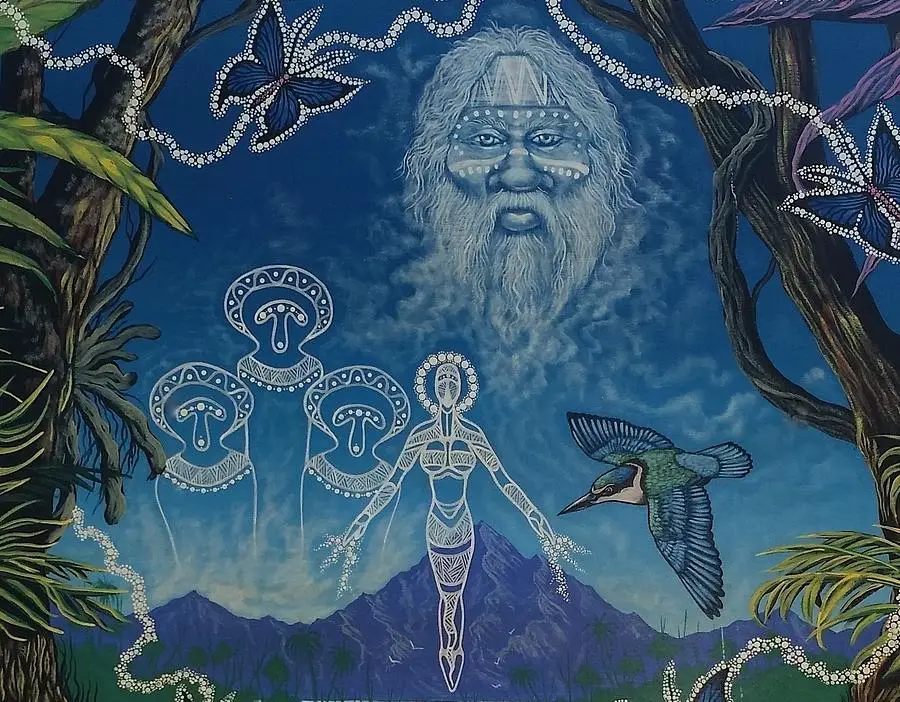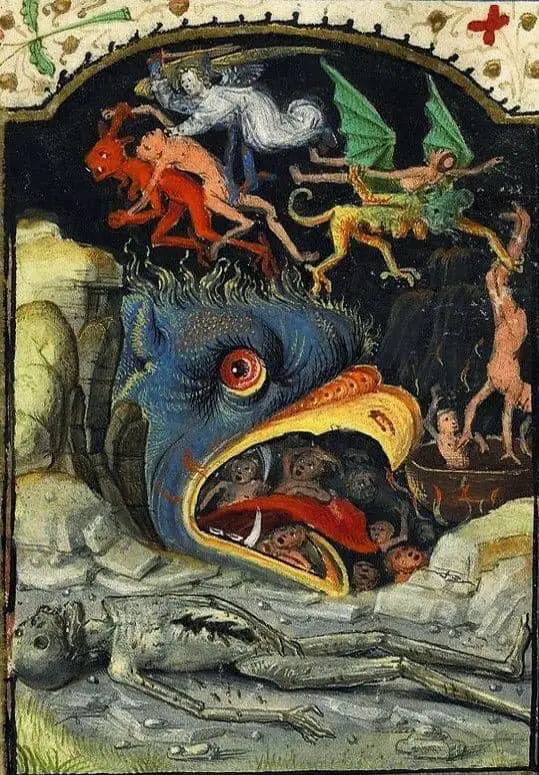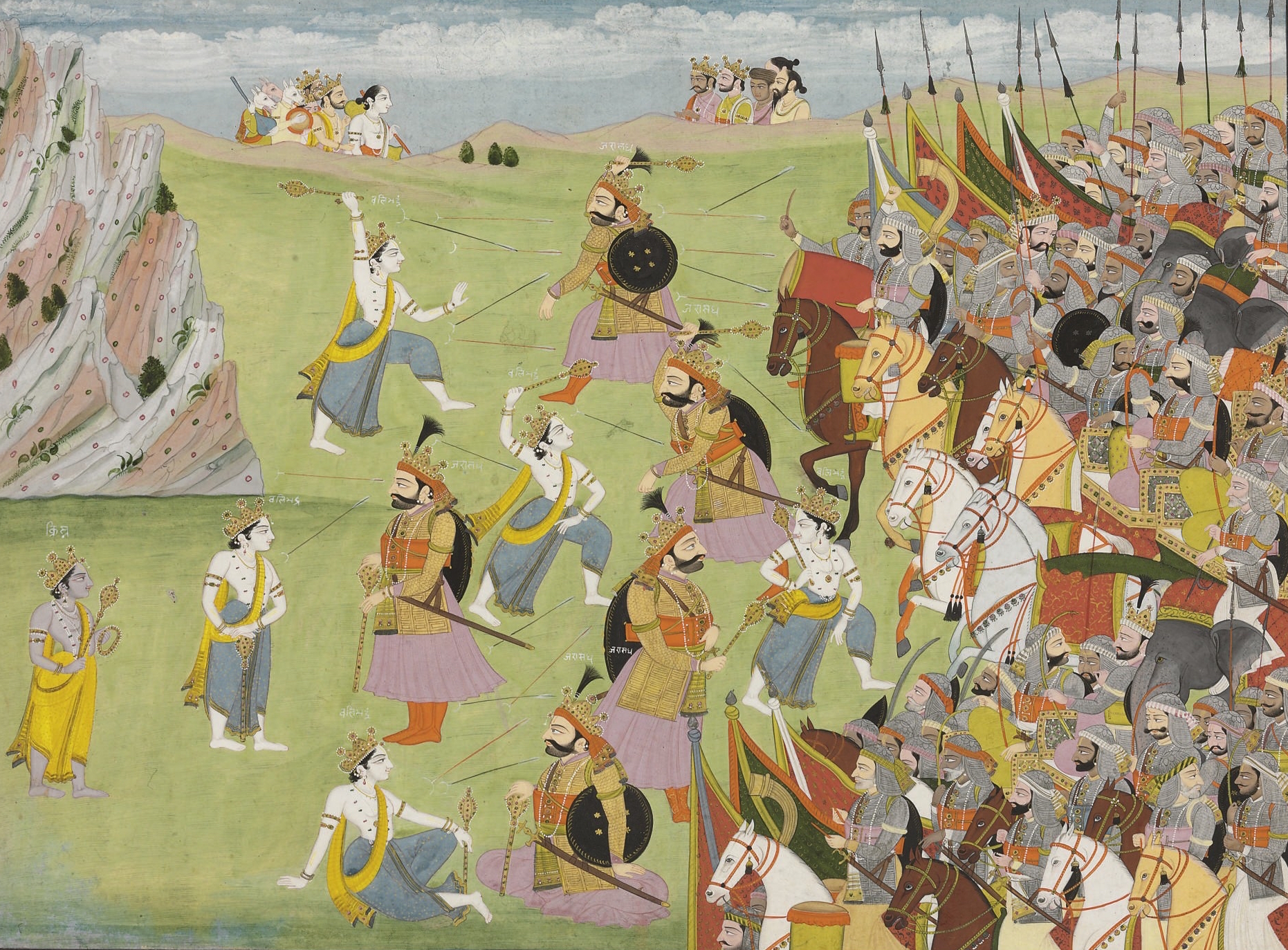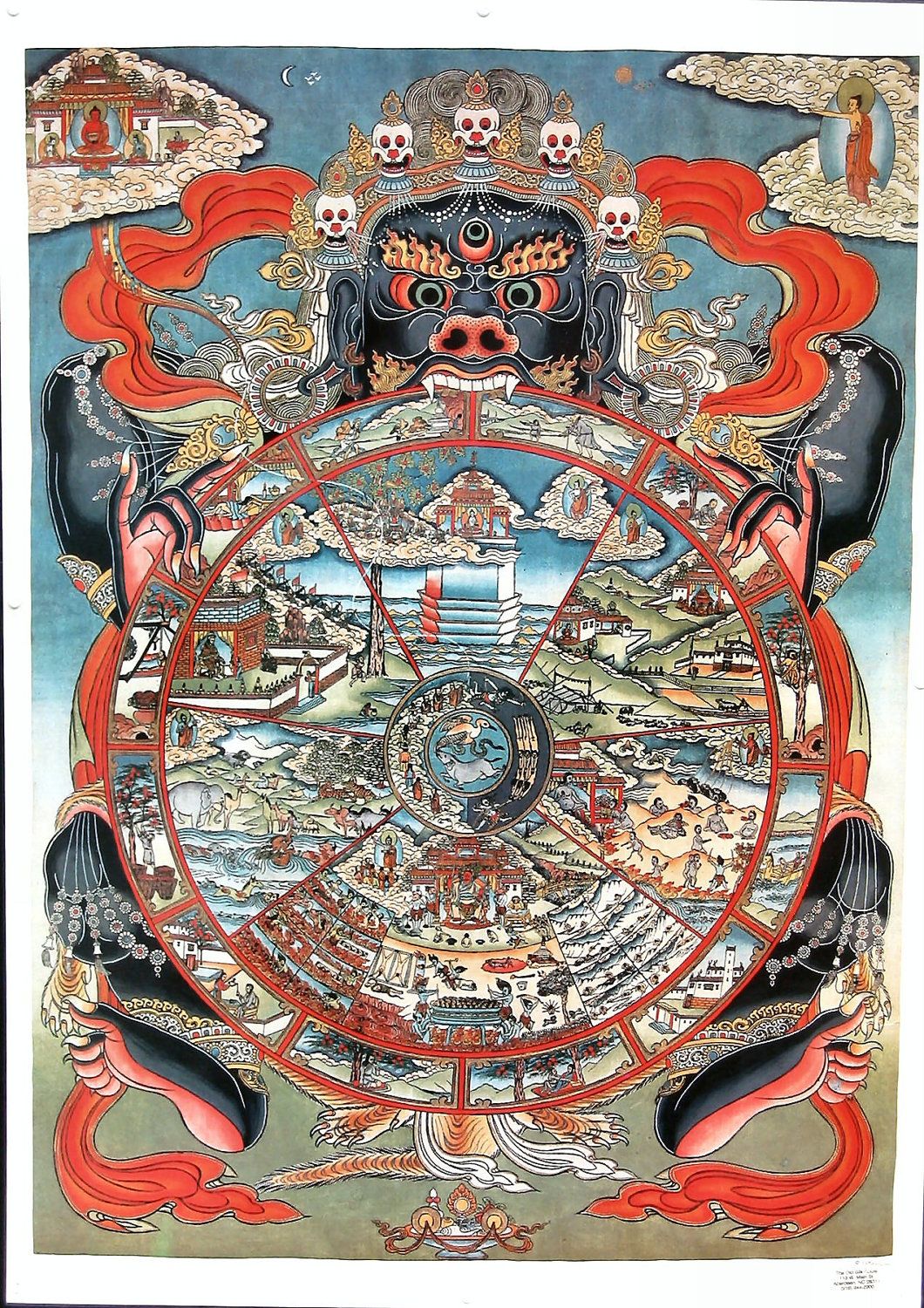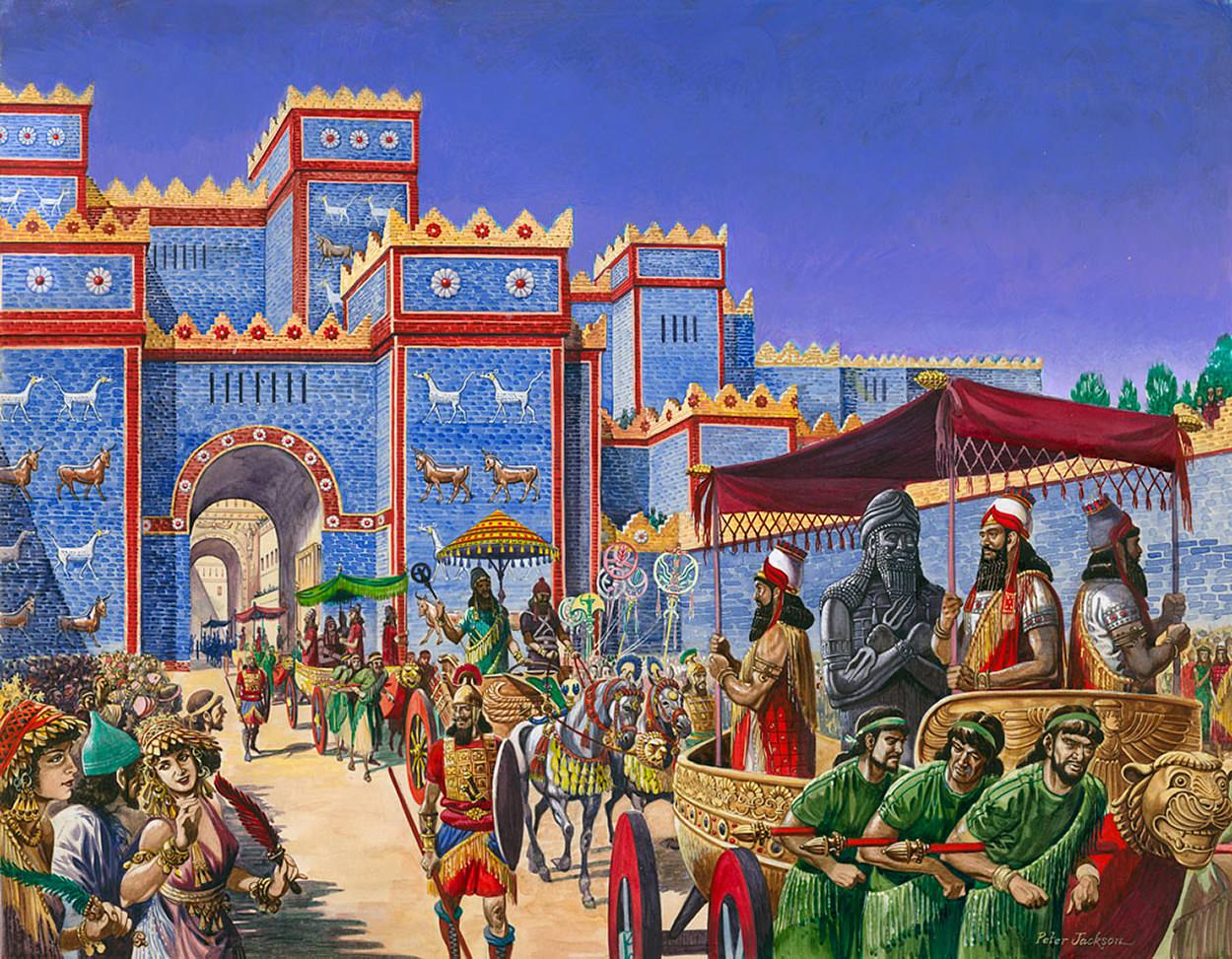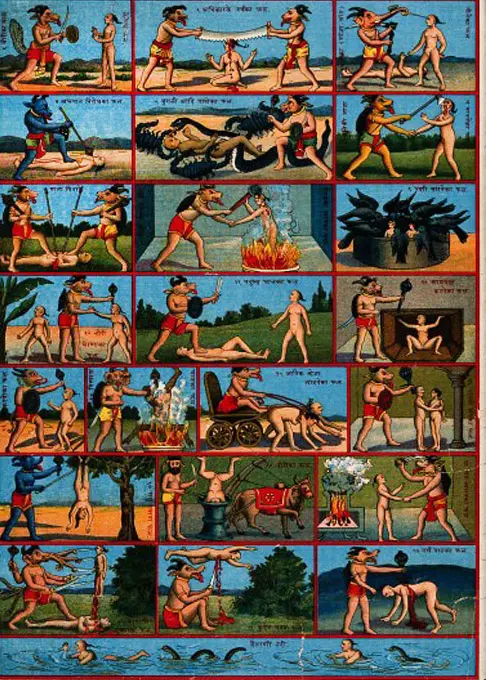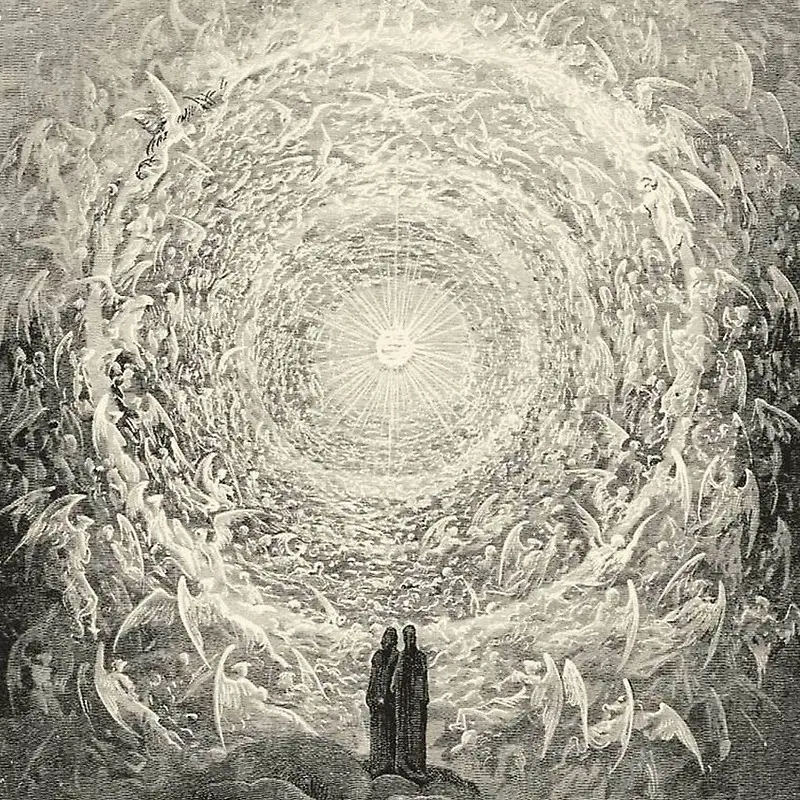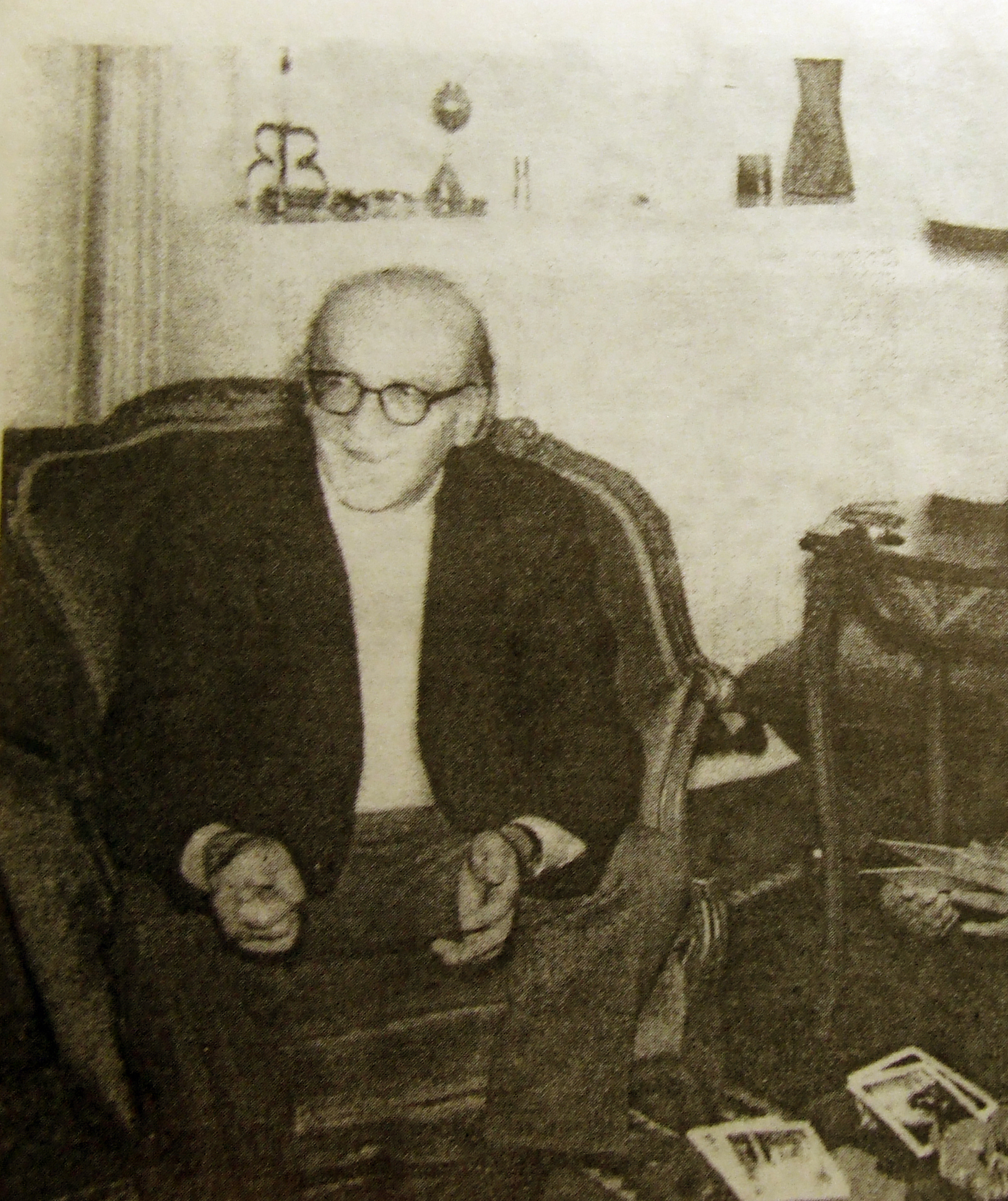Tag: Mito
“Beyond the Real”, or of the literary dignity of the Fantastic
Fantastic literature is still barely regarded by too many as paraliterature; "Beyond the Real", the new volume published by GOG edizioni helps us to affirm the opposite, analyzing the work of five of the most important authors of the genre from the end of the XNUMXth century to today: Lovecraft, Machen, Meyrink, Tolkien and Ashton Smith.
The suffering of the earth: overpopulation and the myths of depopulation in India, Iran and Greece
The mythologem of "cosmic weariness" and "earth suffering", which inevitably follows a divine action aimed at depopulating the planet - whether it be a war between gods or a deluge sent from heaven - to balance its irremediably compromised equilibrium, is finds with notable correspondences in different Indo-European traditions, or rather Indo-Mediterranean ones: in India and Iran as well as in ancient Greece, and partly also in the Old Testament tradition.
“At the wall of time”: the question of history and the crisis of the modern world
Ernst Jünger's work on cyclical time, published 60 years ago, marks the apex of what was called the "culture of the crisis", a current of thought focused on becoming aware of the drama of History and Historicism and on the image of time as an impetuous flow that overwhelms everything: intuitions that, before Jünger, were brought to the surface by Oswald Spengler, René Guénon, Julius Evola and Mircea Eliade.
Akītu, the Babylonian New Year, and the updating of the Sacred
Through the mythical re-actualization of the clash between the god Marduk and the "sea monster" Tiamat, the Akītu was configured, in the final analysis, following the studies of Mircea Eliade, as a collective rite of passage: at the beginning of the new year, through the ritual and recitation of the ancient cosmogonic poem Enûma Elish, time and space were "refounded".
The "tapas", the libido and the victory over necessity
The stages of the development of consciousness are contained in the myth, which leads to the conscious realization of the individual destiny, the cure as a re-actualization of the myth becomes mythbiography in a path that from Jung, through Neumann and Bernhard reaches Romano Màdera.
Marius Schneider: "The gods are songs"
The peculiar archetypal-symbolic vision of the German philologist and musicologist Marius Schneider is splendidly enclosed in this first chapter of "La musica primitiva" (1960) in which the divine forces are seen, through the meticulous analysis of the origin myths of the most varied traditions, primarily as "sound powers".
Mircea Eliade: "The myths of the modern world"
In the first chapter of his study Myths, dreams and mysteries (published in 1957), the Romanian historian of religions Mircea Eliade deals with the question of the survival of the Myth, more or less "disguised", in the modern world. The question from which his analysis starts is the following: "What have myths become in modern societies?" Or rather: what occupied the essential place that myth had in traditional societies?». With these premises, Eliade therefore investigates the function of mythical thought in the twentieth century, analyzing in the first place the different types of eschatology underlying the political myths of our time: the "communist myth" and the "national socialist" one.

